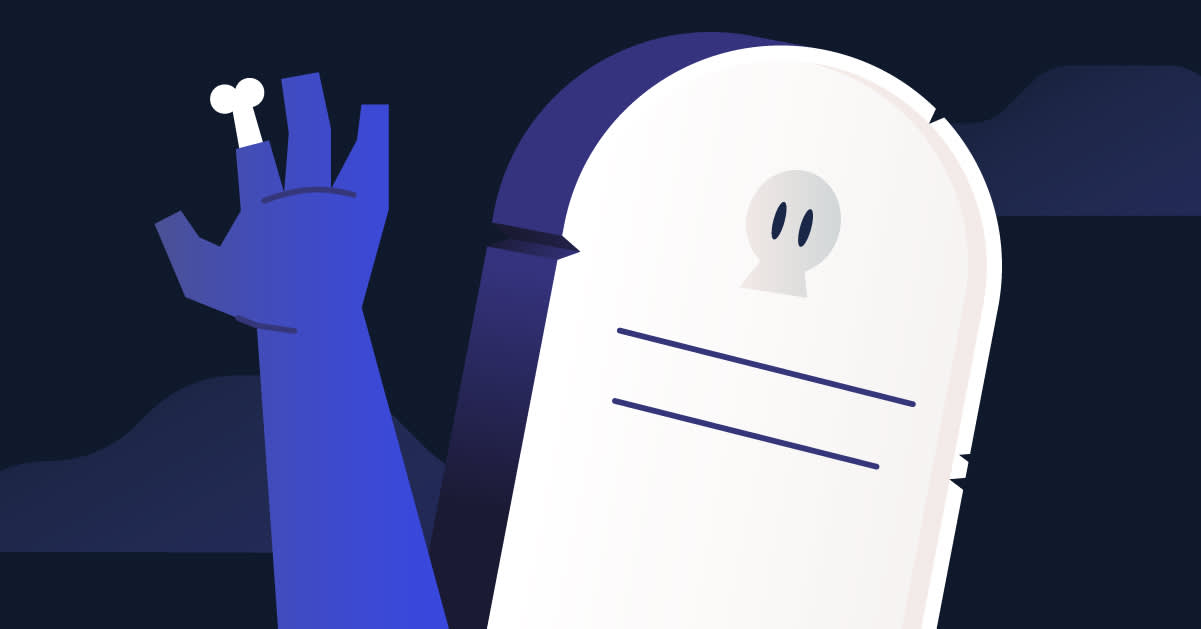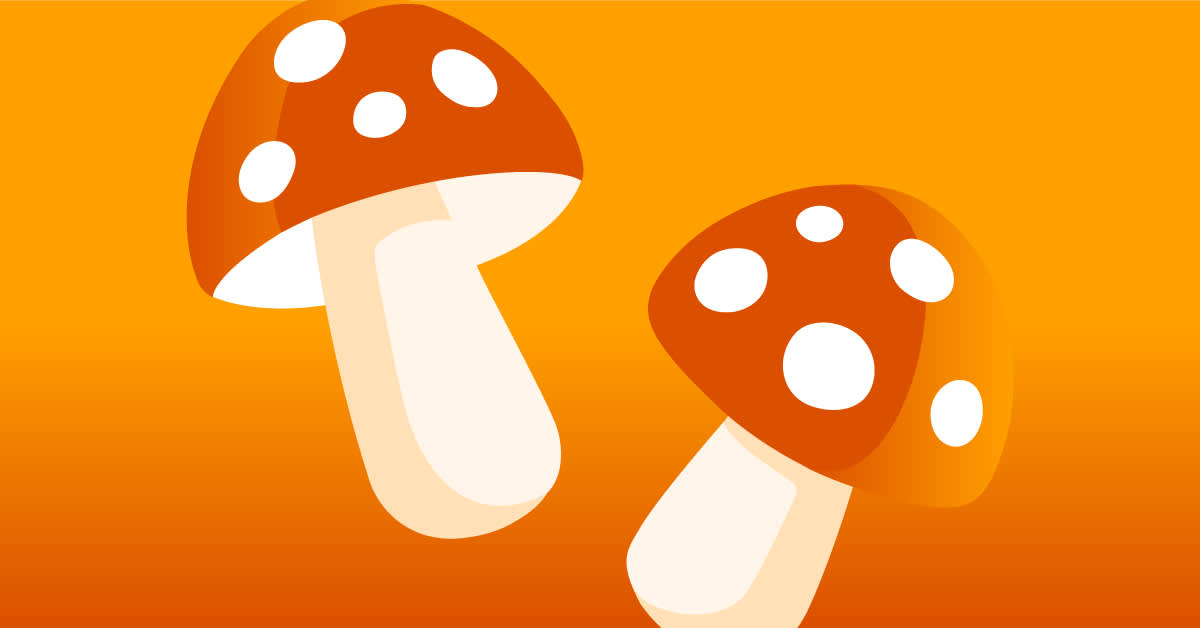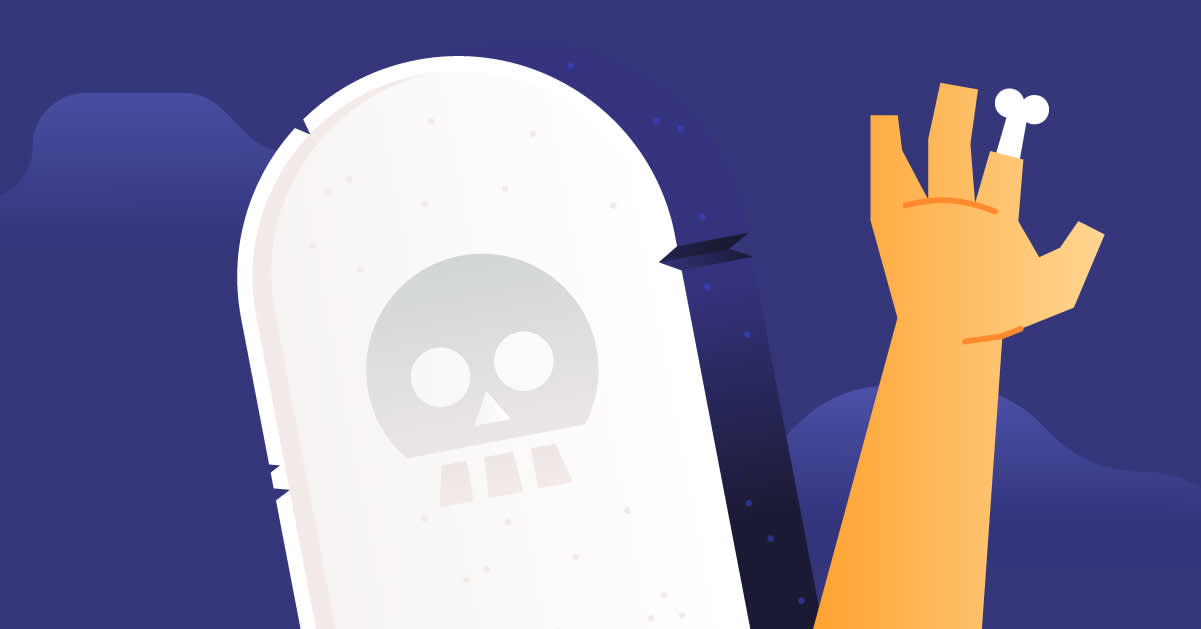One of the most decorated video games to debut in the past decade, Naughty Dog's postapocalyptic stunner The Last of Us (and its 2020 sequel, The Last of Us: Part II) is a masterclass in storytelling. Celebrated for its challenging gameplay, exquisite voice and mo-cap performances, and complex ruminations on grief, morality, and redemption, this unique take on dystopia has maintained a steadily growing fanbase since its debut in 2013.
That following grew exponentially in 2023 with the debut of HBO's television adaptation of the same name, which sacrificed none of the emotional stakes or brilliant character work of its source material. The dark drama drew massive viewership and widespread critical praise, with leads Pedro Pascal (Narcos, The Mandalorian) and Bella Ramsey (Game of Thrones) lauded for their grounded, resonant performances as Joel Miller and Ellie Williams.
With the second season of The Last of Us set to hit HBO and Max on Sunday April 13, 2025, fans are anxiously awaiting the continuation of Joel and Ellie's story after the first season ended in the same high-stakes, heartrending manner as the first game. Those familiar with the arc of the second game are perhaps more on edge than most, though it's still unknown what new stories and altered narratives the show might hold. Either way, it's safe to assume we're in for another season of exceptional (and emotionally devastating) storytelling.
What is The Last of Us about?
For the totally uninitiated, here's a primer. The central story of The Last of Us is set 20 years after civilization falls to a mutated variant of the cordyceps fungus, which turns infected humans into animalistic, highly aggressive, violently reactive creatures, driven only by a desire to spread the infection further. As the years progress, abandoned homes and buildings are overgrown and reclaimed by nature, with many survivors residing inside quarantine zones policed by martial law led by FEDRA, the Federal Disaster Response Agency.
One such survivor is Joel Miller, a smuggler who lost his daughter, Sarah, at the start of the outbreak. Though he was once a gentle and caring single father, Joel has been both hardened and haunted by the sometimes dark deeds necessary to survive. His outlook begins to shift, however, as Marlene, the leader of an insurgency group known as The Fireflies, entrusts Joel with moving an entirely different variety of cargo: a tough, clever, and impulsive teenager named Ellie, who may very well be humanity's final hope.
What is The Last of Us: Part II about?
Avoiding all major spoilers, The Last of Us: Part II opens four years after the conclusion of the first game, focusing in on the lasting toll of a fateful decision Joel made in the final chapter. He and Ellie live in a settlement in Wyoming, their bond lasting even as their relationship grows tenuous and quarrelsome. Their story is told in parallel with a newly introduced character, Abby, who lives in Seattle with a militia group known as the Washington Liberation Front. Abby has her own complicated, traumatic past, and when she crosses paths with Joel and Ellie, it's anything but coincidental. The story then follows in the wake of this weighty encounter, tracing the steps that each character takes, the pivotal choices they make in the face of loss, love, and fear, and how they fare against new antagonists in the form of a dangerous religious cult known as the Seraphites.
Showrunners have noted that the intent is for the events of The Last of Us: Part II to unravel over multiple seasons of television, allowing time for the narrative to fully unfold without truncating the story or reaching far beyond the arc of the games. It's yet to be seen what that means for where the second season will take viewers—or leave them when seven episodes are through.
Podcasts and books like The Last of Us
The weekly wait in between episodes can feel like a lifetime. Whether you're biding time for Sunday's premiere, drumming your fingers until the next installment, or simply looking for a story that hits all the same notes as The Last of Us, these podcasts and audiobooks feature deeply human stories set in the darkest of times, notes on fungal growth and urban decay, thoughts on the game and adaptation, and more.
There are few stories that home in on all shades of humankind—from the compassion, love, and selflessness between a caregiver and their ward to the ruthless brutality of marauding highwaymen—with the same weight and resonance as Cormac McCarthy's Pulitzer-winning The Road. The 2006 novel follows an unnamed father who must carry on, his young son in tow, after his wife dies by suicide at the onset of mass extinction. As they migrate south to avoid the oncoming chill of winter, the father must not only protect his son from the fallen planet's ills and those with malicious intent but also keep his spirit alive, encouraging him to continue kindling his own fire of hope. Like Joel and Ellie's kinship, the parent-and-child dynamic at the core of this heartbreaking story is evidence of the human spirit's resiliency, even in the face of insurmountable odds.
Like The Last of Us, this literary debut centers on a tremendously human story of connection, love, and perseverance set within a grim vision of the future. All the Water in the World is recounted from the perspective of Nonie, a 13-year-old girl who has settled—alongside her parents, sister Bix, and fellow refugees—on the rooftop of the American Museum of Natural History in the wake of climate disaster. After losing her mother and the shelter they called home, Nonie, Bix, their father, and a fellow survivor named Keller are forced to set out into the waters of a flooded city in a canoe taken from one of the museum's exhibits. As they journey north on the Hudson, they encounter all manner of leftover communities along the way—ranging from helpful to outright hostile. Though the circumstances of apocalypse differ from The Last of Us, this story hits on similar notes of found family, treacherous journeys, and how we retain what makes us human in the most dire of circumstances.
Like the cordyceps fungus that drives the outbreak central to The Last of Us, the infection that transforms humans into mindless "hungries" in The Girl with All the Gifts is of fungal origin, transmitted through both bodily fluids and spores (a concept TLOU game fans will be all too familiar with). Those afflicted begin to feed on human flesh, while the uninfected safely hole up on heavily guarded bases or take to the nomadic life with hostile gangs of scavengers. To better understand the outbreak, scientist Dr. Caroline Caldwell begins working with child hungries, who, unlike their adult counterparts, seem to retain human intelligence and some semblance of control when it comes to their cravings. The results are surprising, to say the least, as Melanie, one of her young test subjects, challenges the very notion of what it means to be considered human.
Postapocalyptic novels tend to be bleak affairs bereft of much hope or light. Perhaps that's what makes Emily St. John Mandel's Station Eleven—itself the basis for an HBO original series—such a standout in the genre. Like The Last of Us, the novel is set 20 years after the outbreak of a world-altering, civilization-toppling outbreak. The story centers on a traveling band of actors and musicians dedicated to preserving art, culture, and the human spirit, who face a threat at the hands of a maniacal, pseudo-religious prophet. Aptly melancholic without sacrificing the glimmer of possibility and promise that drives humanity in spite of overwhelming darkness, this thoughtful take on the restorative power of how our lives intersect with others and the possibility that what is lost may be regained is sure to appeal to any fan of Joel and Ellie's budding companionship.
While a World War II-set work of historical fiction may at first seem to be worlds apart from a postapocalyptic video game, City of Thieves has a lot more in common with The Last of Us than an HBO connection. (David Benioff, who wrote Thieves, was a co-creator on megahit Game of Thrones.) Neil Druckmann, writer and creator of TLOU, has credited the novel with inspiring his work. Both stories follow a disparate pair on a shared journey through a dangerous and dark land. In City of Thieves, it's Russian prisoners Lev and Kolya, who are offered their freedom in exchange for completing an impossible task—retrieving a dozen eggs from the war-torn countryside of Leningrad so that a powerful Soviet colonel can provide a wedding cake for his daughter. While Lev and Kolya's developing bond is core to the story, which is rife with humor and heart, the horrors of war they encounter along the way leave an indelible mark.
Though you may be familiar with Richard Matheson's dismal, plague-driven I Am Legend from its most recent film adaptation (a 2007 sci-fi horror flick led by Will Smith), the story it's based on is an entirely different beast. Protagonist Robert Neville, the last man on Earth, struggles to stay alive and stay sane in the midst of the world’s newfound population: infected former human beings who have transformed into bloodthirsty monsters. Despite the ever-looming presence of vampires, this story is focused on the crushing despondency that results from such extreme isolation and on what exactly distinguishes human from monster. With a gut-punch of an ending and a through-line on the intersection of violence and survival, fans of The Last of Us will find many a familiar theme in this lasting classic.
Edgar Allan Poe's "The Fall of the House of Usher"—a short story that helped define the gothic genre—is imaginatively retold in T. Kingfisher's 1890s-set What Moves the Dead. Upon receiving word that a dear childhood friend, Madeline Usher, is dying, military veteran Alex Easton makes the journey to the Ushers' ancestral home. What's waiting there is unexpected, to say the least—sprawling fungal overgrowth and wildlife that seems to be possessed by forces unknown. After Madeline begins to exhibit increasingly strange behavior in her sleep, Alex teams up with a mycologist and physician to uncover the secrets of the House of Usher before they, too, are swallowed whole. Fans of The Last of Us need only glimpse at this listen's disturbing yet strangely beautiful cover to grasp its nightmarish appeal.
To say that Max Brooks’s World War Z is unique hardly captures what makes it truly extraordinary. Told from the perspective of a series of survivors and victims across the globe, this listen focuses on not only the existential threat of zombies but also the failures of government and society that elevate an unthinkable menace to a worldwide crisis. What’s even more fascinating—though perhaps a little unnerving at present—is that the zombie threat in Brooks’s universe never feels farfetched and operates as any other pandemic might. To understand the book's tie to The Last of Us, you need only hear the following line and familiar sentiment: "The monsters that rose from the dead, they are nothing compared to the ones we carry in our hearts.”
Stephen King's iconic tale of postapocalyptic life is a pillar of the end-times subgenre. The world is devastated after the accidental release of a lethal, weaponized virus, sending the globe into a frenzy of panic, violence, and, eventually, a search for community. The few survivors split into camps with vastly different ideologies—those seeking civility and peace shelter with Mother Abagail, an elderly prophet, while the hopeless and ruthless follow Randall Flagg, a demonic entity with supernatural abilities and a taste for brutality. When the two camps cross paths, war becomes inevitable. Fans of The Last of Us will appreciate the story's focus on the inner lives of survivors and conversations on mortality. And when you're finished with The Stand, be sure to check out The Fireman, a take on the end of the world with a wholly original threat to humanity—a fungal plague that causes those infected to spontaneously combust—by King's son, Joe Hill.
Among the terrifying aspects of The Last of Us is the fact that cordyceps, the genus of fungi from which the offending outbreak develops, is in no way fictional. That talk show tidbit on zombified ants in the first episode's opening scene is based on Ophiocordyceps unilateralis, a very real pathogenic fungus known to affect ants in tropical climates. The truth is fungi have been here long before us, and they'll likely persist long after humans are gone. The founders of new ecosystems and equalizers of old ones, existing both inside organisms and spreading across new plains, fungi are as fascinating as they are quietly powerful. Biologist Merlin Sheldrake makes a compelling case for better understanding these organisms and humankind's inextricable relationship with them.
Though it's not the focus of the TLOU game, the HBO adaptation lends a few minutes, at the start of the premier, to pondering the origins of the devastating fungal outbreak, suggesting climate change as a possible culprit. Sequoia Nagamatsu's brilliant debut How High We Go in the Dark takes a closer look at a plague unleashed by global warming. An archeologist grieving the loss of his daughter sets into motion a disastrous series of events when melting permafrost exposes the corpse of a girl who seemingly died of an ancient virus. Like Cordyceps, the outbreak forces humankind to be inventive as well as perseverant. Nagamatsu's take on adapting to life after an apocalypse is one of deep compassion, built upon a narrative web woven so intricately that you'll want to listen again and again just to see what you've missed. And it's performed by a full cast of talented voices, including Brian Nishii and Julia Whelan.
Colson Whitehead's Zone One is an apt choice for any fan of The Last of Us who appreciates the narrative's innovative, cerebral edge. After all, your average zombie novel this is not—Whitehead is a MacArthur Genius Grant recipient with two Pulitzers and a National Book Award to his name, and Zone One is every bit as smart, inventive, and beautifully written as you'd expect. Set in a postapocalyptic New York City, this listen is alive with satire, cultural commentary, and a through-line dedicated to love and its inevitable counterpart, grief. It follows Mark Spitz as he ruminates on the outbreak that upended his life and sets out to face not only the infected but also the stragglers—aimless wanderers who have been rendered catatonic shells of themselves, absorbed in the lives they once had lived.
The adversaries in this listen aren't humans reanimated by a fungus or viral infection. Instead, they're full-blown monsters—beastly, vampiric creatures who have begun to stalk the barren, frostbitten landscape after a comet struck Earth and the sun became but an afterthought. If the realism of The Last of Us appeals to you, try immersing yourself in the dark, cold atmosphere of Travis Beacham's Impact Winter. With innovative 3D audio that makes it difficult to ascertain where reality begins and ends, this impeccably designed Audible Original thriller feels less like hearing a story retold and more like living it.
Released the morning after each episode, this official companion podcast directly from HBO unpacks everything fans will want to know about what was happening on and off screen. The podcast is hosted by Troy Baker, the voice of Joel Miller in the game franchise, who, alongside executive producers Crag Mazin and Neil Druckmann, explores the ins-and-outs of bringing the story from the console to the small screen, from analyzing key moments and major plot points to exploring the subtleties that series stars Pedro Pascal and Bella Ramsey bring to their performances.
If you'd prefer a podcast that dives deep into the making of the game that inspired the show, check out Playstation's official companion podcast. It's no secret that The Last of Us has been lauded time and again for its cinematic storytelling style, character development, emotional nuance, and breathtaking visuals. This podcast offers an opportunity to go behind the scenes on how the groundbreaking game came to be, putting writer and creative director Neil Druckmann and The Last of Us: Part II's co-writer Halley Gross in conversations with voice acting talents Troy Baker (Joel), Ashley Johnson (Ellie), and Laura Bailey (Abby), alongside a host of other creatives and visionaries.



















